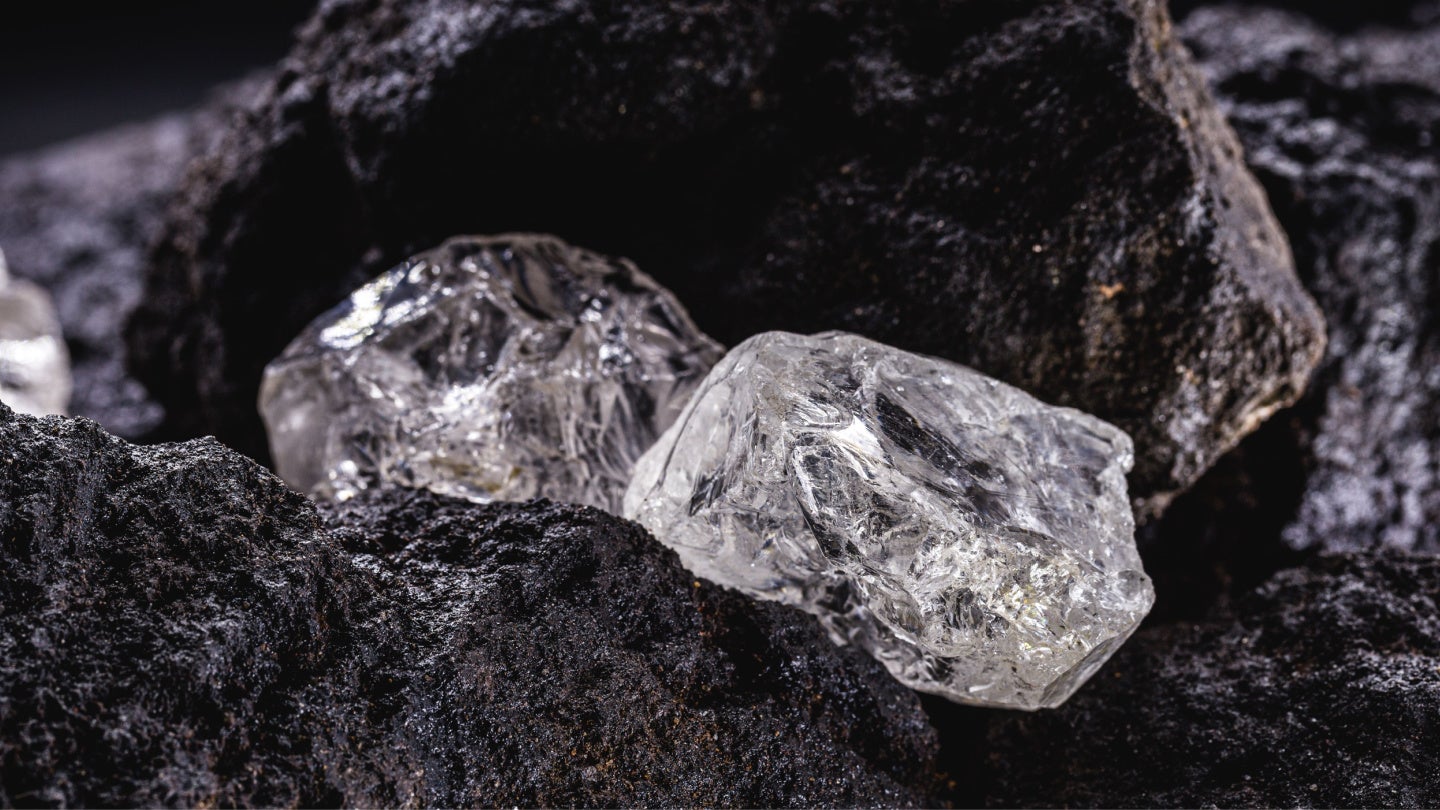
The Indian Union Cabinet has approved amendments to the Mines and Minerals (Development and Regulation) Act, 1957, which will allow the mining of lithium and other five critical minerals, according to The Economic Times, citing sources aware of the matter.
These minerals are deemed to play an important role in not only the electrification of the transportation sector but also across other fields such as electronics and communications, as well as India’s transition towards greener energy, reported Money Control.
This is the fifth amendment to the act since 2014. Earlier amendments authorised e-auction for minerals and enabled the extension of expiring mine leases.
The latest amendment proposes the inclusion of a provision for an exploration licence, which will be awarded through an auction to carry out reconnaissance and prospecting of a particular land for a mineral.
According to the amendment, mining companies will be allowed to suggest areas where they plan to explore and eventually conduct operations, in contrast to the traditional practice of the government defining the mining areas or blocks and the companies taking part in those auctions.
Earlier this year, lithium reserves estimated to be worth 5.9 million tonnes were discovered in the Indian Union territory of Jammu and Kashmir.
The government recently added a wide range of minerals to the list of critical minerals such as beryllium, copper, niobium and titanium.
With the amendment, the government can now grant mineral concessions to conduct exploration activities focusing on precious and critical minerals. Private companies, including junior mining companies, would be to get exploration licences on the basis of baseline survey data.





